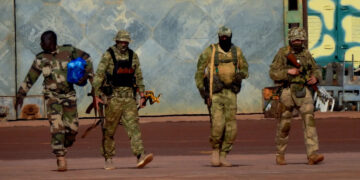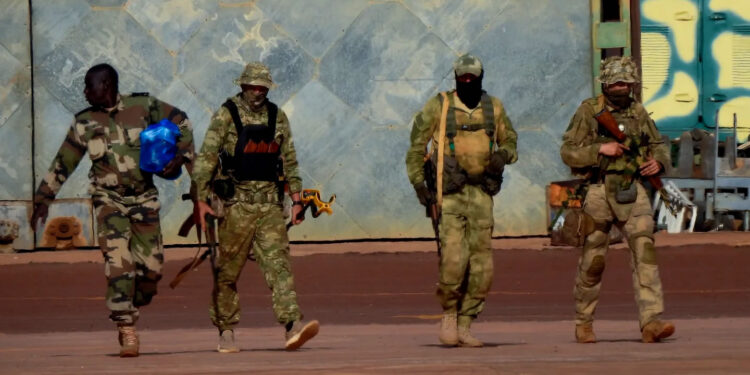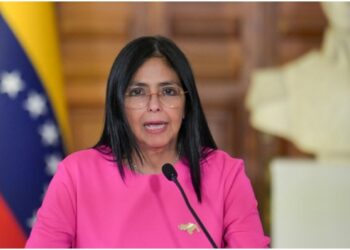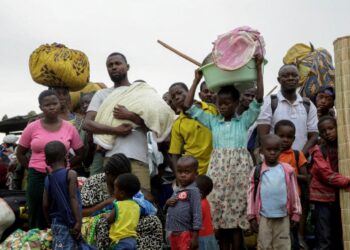Russia has signalled plans to deepen military cooperation across Africa following the withdrawal of Wagner mercenaries from Mali, where they had operated for three and a half years supporting the junta’s fight against jihadist insurgents.
The Kremlin confirmed Monday that defence partnerships would remain a priority, even as Wagner’s operations transition to the newly formed Africa Corps under direct Defence Ministry control.
While Mali’s military junta never officially acknowledged Wagner’s presence—insisting it only collaborated with “Russian instructors”—security sources confirm the mercenary group has fully departed. Its units have been absorbed into the Africa Corps, a Moscow-backed force established after Wagner founder Yevgeny Prigozhin’s failed 2023 mutiny and subsequent death in a plane crash. Wagner’s social media channels claimed its Mali mission was “successfully completed,” citing the recapture of regional centres from Islamist militants.
The transition marks a strategic shift in Russia’s engagement. Unlike Wagner, which led combat operations, the Africa Corps is expected to focus more on training Malian forces and supplying equipment, according to Ulf Laessing of Germany’s Konrad Adenauer Foundation. The corps – composed largely of ex-Wagner fighters – has already pledged continuity, declaring on Telegram that Russia “does not lose ground” in Mali.
The handover coincides with escalating violence. Jama’a Nusrat ul-Islam wa al-Muslimin (JNIM), a Sahel-based insurgent group, recently claimed attacks killing over 100 Malian soldiers and allegedly targeting Russian personnel near Bamako. The junta, which seized power in coups in 2020 and 2021, severed ties with France and UN peacekeepers in favor of Russian backing. Yet the security situation remains precarious, with jihadists exploiting political instability.
Kremlin spokesman Dmitry Peskov emphasized Russia’s intent to “comprehensively develop” African partnerships, including in “sensitive areas like defense and security.” The comment underscores Moscow’s strategy of leveraging military aid to expand influence, particularly in nations disillusioned with Western partners. Beyond Mali, Russian forces are active in Libya, the Central African Republic, and Burkina Faso, where juntas have similarly embraced Moscow as a security guarantor.
While the Africa Corps offers Moscow deniability and tighter control, analysts question whether it can replicate Wagner’s operational impact. The group’s departure leaves Mali reliant on a less combat-tested force amid a worsening insurgency—a test case for Russia’s evolving playbook in Africa. As jihadists press their offensive, the junta’s gamble on Russian support faces its sternest challenge yet.



































